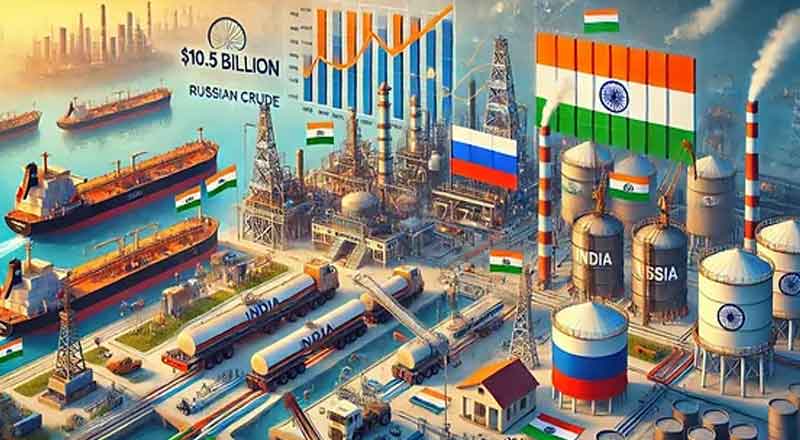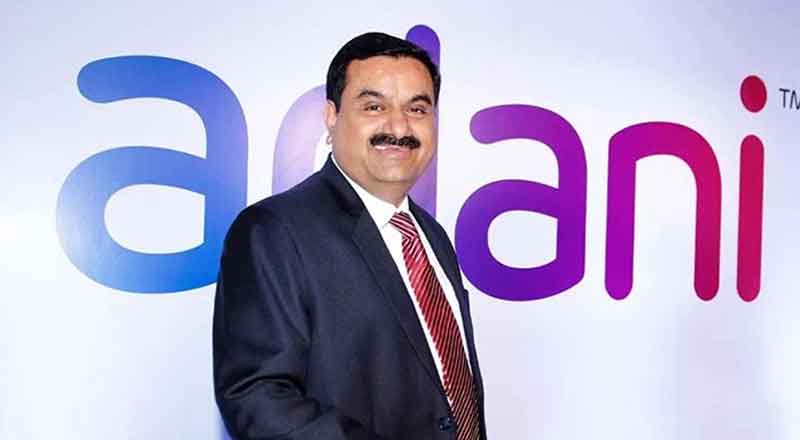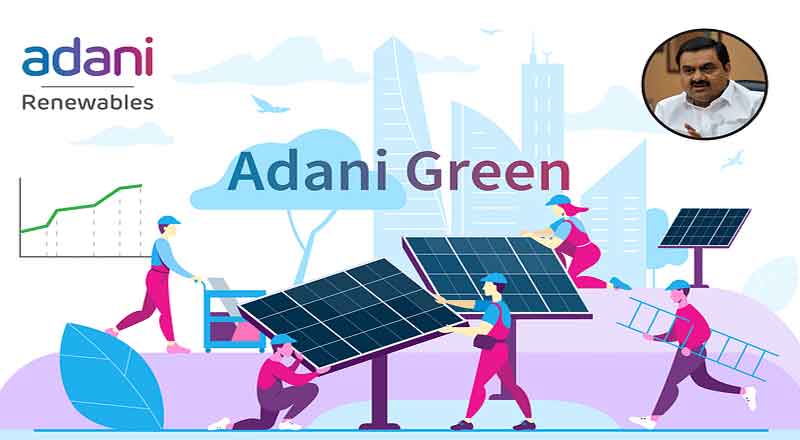India’s Position in Global Oil Markets
India, the world’s third-largest oil consumer, has continued to purchase Russian oil, a decision that has stirred both international and domestic debate. Union Petroleum and Natural Gas Minister Hardeep Singh Puri recently defended this approach in an interview with CNN, stating that India’s decision helped prevent a sharp increase in global oil prices. Speaking at the annual ADIPEC energy event in Abu Dhabi, Puri explained how India’s strategic energy procurement helped stabilize oil prices worldwide, benefitting both the global market and the Indian economy.
“Doing the World a Favour”: India’s Stabilizing Role in Oil Prices
According to Minister Puri, without India’s decision to buy Russian oil, prices could have surged to $200 per barrel, impacting economies globally. By maintaining a steady supply of Russian oil, India helped offset potential disruptions and mitigate price volatility. He stated, “If that oil had gone off the market, and India had shifted its demand to Gulf suppliers, the price of oil would have skyrocketed.”
Despite suggestions that India’s October reduction of Russian oil imports by around 10% signaled a strategic pivot, Puri clarified that it was due to competitive market rates rather than political manoeuvring. “Healthy competition allows us to source oil at the best rates,” he noted, emphasizing India’s pragmatic approach.
Adaptability and Long-Term Energy Strategy
Minister Puri expressed optimism regarding future oil price stability, particularly as energy markets evolve and diversify by 2026. Technological advancements such as green hydrogen and other clean energy sources, he said, will significantly shift global demand for oil. India is preparing for this transition while still recognizing oil’s essential role in the current global energy mix.
On his X account, Puri addressed critics who questioned India’s decision to engage with Russian energy sources. “Many European and Asian nations are also sourcing energy from Russia,” he wrote, underscoring that Russian oil remains a competitive option for India, which prioritizes affordability and security. By maximizing competitive sources, India aims to provide affordable energy to its seven crore citizens who rely on accessible fuel daily.
Ensuring Affordable Energy for a Growing Economy
India’s approach to energy procurement reflects its commitment to secure affordable energy for its citizens, a task made increasingly complex by global supply chain disruptions. Minister Puri highlighted that despite global price increases, India is one of the few major consumers to have seen domestic fuel prices decline over the last three years, in large part due to strategic sourcing and infrastructure improvements.
Data from September showed India’s crude oil imports from Russia rose by 11.7% to approximately 1.9 million barrels per day, accounting for about 40% of the country’s total oil imports. Overall imports also increased year-over-year by 8.5%, with investments in refining capabilities allowing India to handle a wider range of crude types, reducing dependency on any single supplier and enhancing cost efficiency.
The Global Impact: India’s Strategic Buying Decisions
India’s decision to buy Russian oil has not only secured energy affordability domestically but has also had significant stabilizing effects on the global oil market. Amid sanctions and supply disruptions following geopolitical events, India’s ongoing purchases provided an essential outlet for Russian oil, preventing supply shortages and excessive price hikes for other countries. Puri reiterated that India’s policies align with its commitment to the welfare of its citizens and global stability, stating that its choices in the energy market will continue to be guided by national interests.
Balancing National Interests with Global Responsibilities
India’s energy strategy under Minister Hardeep Singh Puri exemplifies a careful balance of global responsibility and national interest. By sourcing oil from Russia during a time of unprecedented global shifts, India helped moderate prices, demonstrating the importance of flexible, diversified sourcing. The nation’s emphasis on energy security, affordability, and gradual transition to cleaner energy places it in a stable position to adapt as the global energy landscape evolves. As one of the world’s leading energy consumers, India’s continued focus on balancing immediate needs with sustainable goals reflects a pragmatic approach to both domestic stability and global economic resilience.
(With inputs from agencies)





